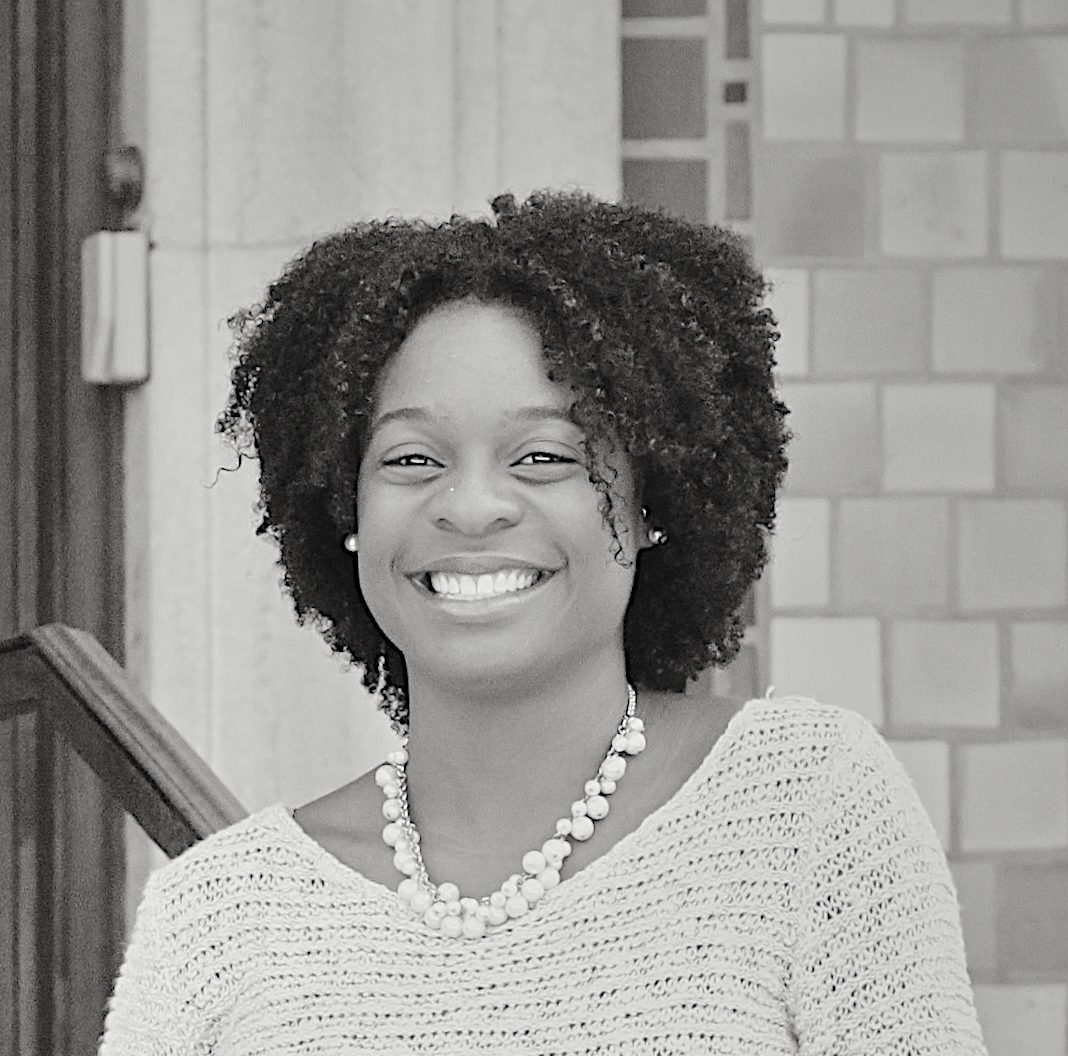Chantelle Todman Moore, MBA is co-founder of unlock Ngenuity a consulting, coaching and research business. Chantelle holds a BA in International Community Development and an MBA in International Economic Development. She is a Qualified Administrator for the Intercultural Development Inventory (IDI) and serves on the steering committee for MC USA’s Women in Leadership. Chantelle is passionate about embracing diversity and difference as a gift, seeking justice as a mandate and being moved to act by love. She lives in Philadelphia with her family.
As a black woman in a racialized America, endurance has felt necessary, a practice that I’ve acquired, a skill that has been essential. Like my foremothers before me, what other choice have I had but to endure? Yet the idea of “just enduring my life” feels unsatisfactory somehow. But it could be worse — I could be mostly just surviving. In my mind, survival is endurance’s more desperate twin.
I used to watch The Walking Dead, and in one episode they show the backstory of Enid, a young girl who had made it alone somehow in this dystopian reality despite the loss of her parents and without the protection of a group. During the montage of her story, you see her writing and etching on her skin the letters JSS, which stand for Just Survive Somehow. When I look at my life, I find spaces where I am living by JSS. I am just trying to survive this meeting, this denominational drama, this presidency, losing my sense of being at home in my faith community, the racialized and militarized country I call home. In the midst of enduring and surviving how can I possibly find the hope, renewal and rest which I so deeply long for? And how does the Divine in me and in you speak to this longing?
If you and I are made in God’s image, Imago-Dei, then what of the endurance of God is present inside of us and how do we access it?
I am still wrestling with these questions, I don’t have neat pre-packaged answers. I look to my foremothers, the ones who have gone before, endured and received their crown for their guidance and wisdom. A poem by one such foremother, poet Maya Angelou, titled “Our Grandmothers,” gives me a glimpse into the path of moving beyond just survival, making peace with endurance and finding rest, hope and renewal in the midst of it all. I offer a portion of that poem to you as a guide:
… No angel stretched protecting wings
above the heads of her children,
fluttering and urging the winds of reason
into the confusions of their lives.
They sprouted like young weeds,
but she could not shield their growth
from the grinding blades of ignorance, nor
shape them into symbolic topiaries.
She sent them away,
underground, overland, in coaches and
shoeless.
When you learn, teach.
When you get, give.
As for me,
I shall not be moved.
She stood in midocean, seeking dry land.
She searched God’s face.
Assured,
she placed her fire of service
on the altar, and though
clothed in the finery of faith,
when she appeared at the temple door,
no sign welcomed
Black Grandmother, Enter here.
Into the crashing sound,
into wickedness, she cried,
No one, no, nor no one million
ones dare deny me God, I go forth
along, and stand as ten thousand.
The Divine upon my right
impels me to pull forever
at the latch on Freedom’s gate.
The Holy Spirit upon my left leads my
feet without ceasing into the camp of the
righteous and into the tents of the free …
Centered on the world’s stage,
she sings to her loves and beloveds,
to her foes and detractors:
However I am perceived and deceived,
however my ignorance and conceits,
lay aside your fears that I will be undone,
for I shall not be moved.[1]
Selah and Amen
_______________________________________________________
[1] Maya Angelou, “Our Grandmothers,” originally published in I Shall Not Be Moved, Random House, Inc., 1990.


